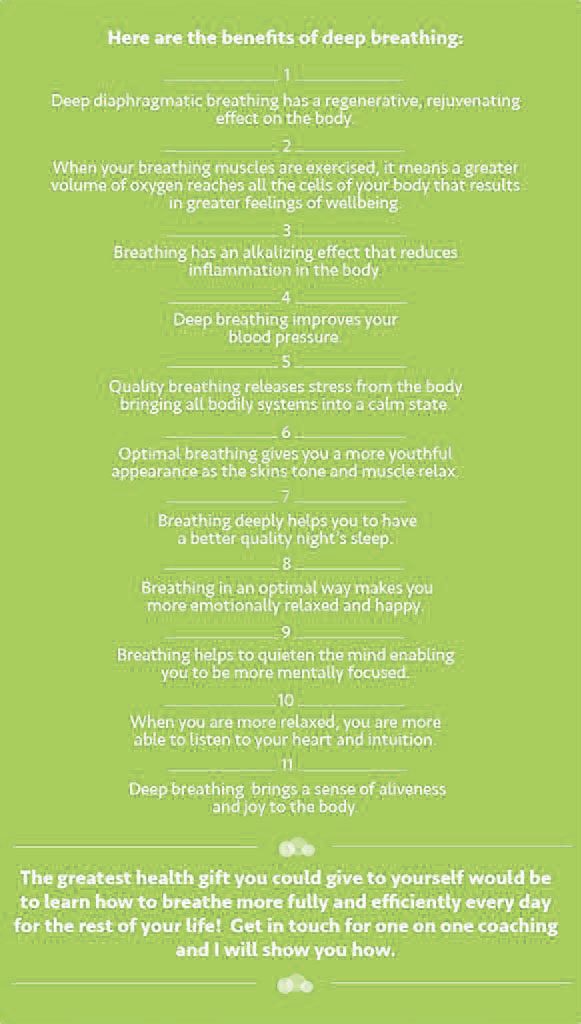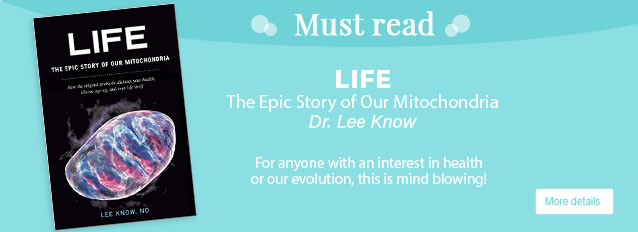THE BREATH
In the same way, that the physical body needs fuel from the mitochondria to generate energy to thrive and be active every day, our neurological systems also depend on Mitochondria and ATP to power our cognitive, mental and emotional states to function think and feel in an optimal way.
Stress, poor nutrition and lack of oxygen through not enough activity and inefficient breathing can result in mitochondrial dysfunction resulting in brain fog, poor memory, inability to focus and concentrate, waning motivation and emotional ups and downs.
From a holistic health perspective, one of the greatest mistakes that the western medical world has made historically was to separate mind from body, as if they were not linked to each other. In this model, symptoms and disease were treated physically without taking into consideration the whole person. However, a preventive approach to health is becoming increasingly common and it is more widely known and accepted that mind and body are not separate but innately connected. Every moment of every day, your body responds to your thoughts and emotions. One of the physical indicators that prove this is through the way that we breathe.
The breath acts as a personal barometer of your emotional state. For example states like fear, anxiety, and worry shorten the breath as we develop more shallow breathing in the chest. When we panic, we can hyperventilate and when we are angry we tend to hold our breath. With the state of depression, there can be a lot of panting and sighing. Breathing that is no longer balanced in the long term has an effect on your physical health and energy levels.
You can influence your vitality levels every day by getting into the habit of full, deep, quality breathing when you are in a resting state as well as during physical activity. When you do this, you can significantly maximise your health potential!

